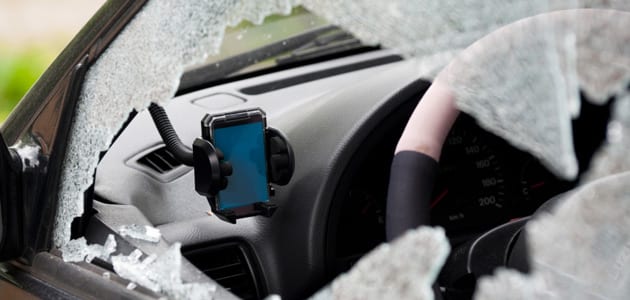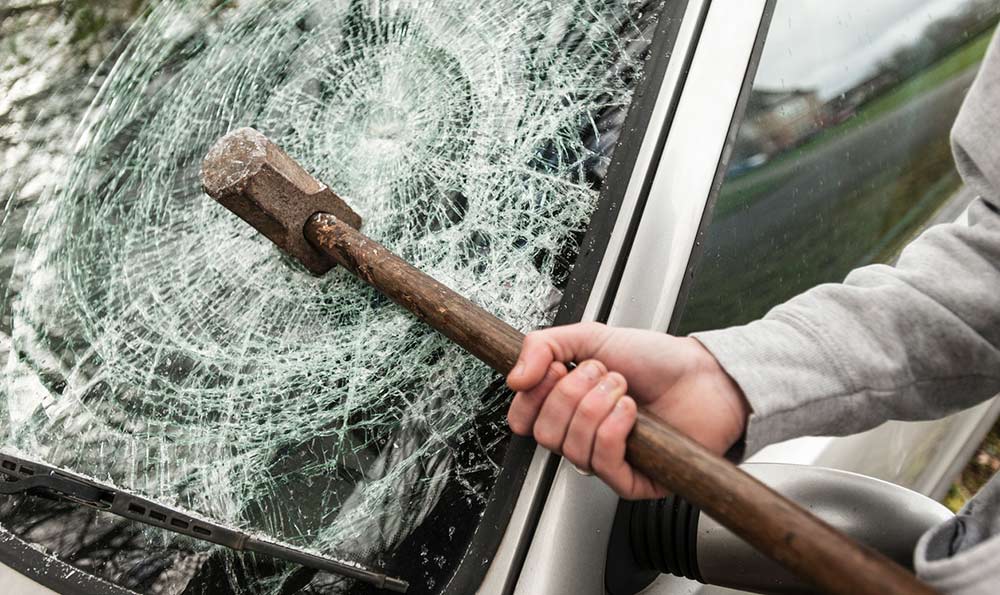What Constitutes Malicious Damage in NSW?
Malicious damage is a serious offense in New South Wales (NSW), with significant legal implications. Understanding what constitutes malicious damage under NSW law is essential for anyone who wants to stay on the right side of the law or who might be facing accusations of this crime. In this article, we will explore the legal definition of malicious damage, provide examples of actions that fall under this category, and discuss the legal consequences of being convicted of such an offense.
Legal Definition of Malicious Damage in NSW
Malicious damage refers to the intentional or reckless destruction or damage of property that belongs to another person. The key elements that the prosecution must prove in a malicious damage case include the intent or recklessness of the accused and the resulting damage to the property.
Malicious Damage Under Section 195 of the Crimes Act 1900
In NSW, malicious damage is governed by Section 195 of the Crimes Act 1900. According to the Act, an individual commits the offense if they “intentionally or recklessly destroy or damage property belonging to another person.” This definition encompasses both physical and non-physical forms of damage, including vandalism, graffiti, and interference with property that results in loss or inconvenience to the owner.
Intent vs. Recklessness
For a charge of malicious damage to be upheld, it must be demonstrated that the accused acted either intentionally or recklessly. Intent refers to the purposeful action taken to cause damage, while recklessness involves taking actions with a disregard for the potential consequences. For example, if someone knowingly throws a rock at a window, breaking it, this would be considered intentional malicious damage. On the other hand, if someone recklessly drives a vehicle into a fence, damaging it, this would also qualify as malicious damage due to the reckless nature of the act.
Examples of Malicious Damage in NSW
Malicious damage can take many forms, ranging from minor acts of vandalism to more severe destruction of property. Understanding the different scenarios that can be classified as malicious damage can help individuals avoid actions that could lead to criminal charges.
Common Forms of Malicious Damage
Some common examples of malicious damage include:
– **Graffiti:** Spray-painting or defacing public or private property with graffiti is one of the most common forms of malicious damage. This includes tagging buildings, vehicles, or public spaces without permission.
– **Vandalism:** Acts of vandalism such as breaking windows, slashing tires, or smashing objects on someone else’s property are also classified as malicious damage.
– **Arson:** Deliberately setting fire to property, whether it’s a building, vehicle, or other assets, is considered a severe form of malicious damage.
– **Tampering with Utilities:** Damaging electrical wiring, plumbing systems, or other essential utilities can be classified as malicious damage, particularly if it results in significant inconvenience or harm.
– **Destruction of Personal Property:** Intentionally damaging someone else’s belongings, such as destroying a phone, computer, or other valuable items, can lead to malicious damage charges.
Cyber Vandalism and Non-Physical Damage
In today’s digital age, malicious damage can also extend to non-physical actions. Cyber vandalism, such as hacking into someone’s system to delete files or interfere with operations, can also be prosecuted under malicious damage laws. Additionally, interfering with systems that control essential services, such as security systems or transportation networks, can be considered malicious damage even if no physical property is directly harmed.
Legal Consequences of Malicious Damage in NSW
The penalties for malicious damage in NSW can vary depending on the severity of the offense and the circumstances of the case. Convictions can lead to significant legal consequences, including fines, community service, and imprisonment.
Summary Offenses and Penalties
For less severe cases of malicious damage, the offense may be dealt with summarily in the Local Court. In these instances, the maximum penalty is two years of imprisonment or a fine of up to $5,500, or both. These penalties apply to cases where the damage is considered minor or where the accused has no prior criminal history.

Indictable Offenses and Severe Penalties
In more severe cases, particularly those involving significant property damage or harm to individuals, the offense may be treated as an indictable offense, which is heard in a higher court. The maximum penalty for an indictable offense of malicious damage is five years of imprisonment. The court may impose a harsher sentence if the damage was extensive, the accused has a history of similar offenses, or if there were aggravating factors such as committing the crime as part of a group. https://www.sydneyfamilycriminaldefencelawyers.com.au/
Restitution and Compensation Orders
In addition to criminal penalties, individuals convicted of malicious damage may also be required to pay restitution or compensation to the victim. This can include covering the costs of repairs or replacement of the damaged property. The court may issue a restitution order, requiring the offender to make financial amends to the property owner, which can be a significant financial burden in addition to any fines or imprisonment.
Defenses Against Malicious Damage Charges
Facing charges of malicious damage can be overwhelming, but several defenses can be raised depending on the circumstances of the case. Understanding these defenses is crucial for anyone accused of this offense.
Lack of Intent or Accident
One of the most common defenses against a malicious damage charge is the argument that the damage was accidental or that there was no intent to cause harm. If the accused can demonstrate that the damage occurred without intention or recklessness, they may be acquitted. For instance, if a person accidentally causes damage while trying to prevent a greater harm, this could be a valid defense.
Claim of Right
The defense of “claim of right” applies when the accused genuinely believed they had a legal right to damage the property. This might occur in situations where there is a dispute over ownership or rights to the property. If the accused can prove that they believed they were entitled to act as they did, they may avoid conviction.
Duress or Coercion
Another defense is that the accused was forced to commit the act of malicious damage under duress or coercion. If it can be shown that the accused was threatened or coerced into causing the damage, this may serve as a defense that could lead to the charges being dismissed.
Conclusion
Malicious damage is a serious offense in NSW with far-reaching legal consequences. Understanding what constitutes malicious damage, the legal definition under the Crimes Act 1900, and the potential penalties for such an offense is essential for anyone facing accusations or seeking to avoid legal trouble. By being aware of the common forms of malicious damage and the defenses available, individuals can better navigate the legal system and protect their rights.
If you or someone you know is facing charges of malicious damage, it is crucial to seek legal advice promptly. An experienced criminal lawyer can provide guidance on the best defense strategies and help ensure that your case is handled fairly and justly.





